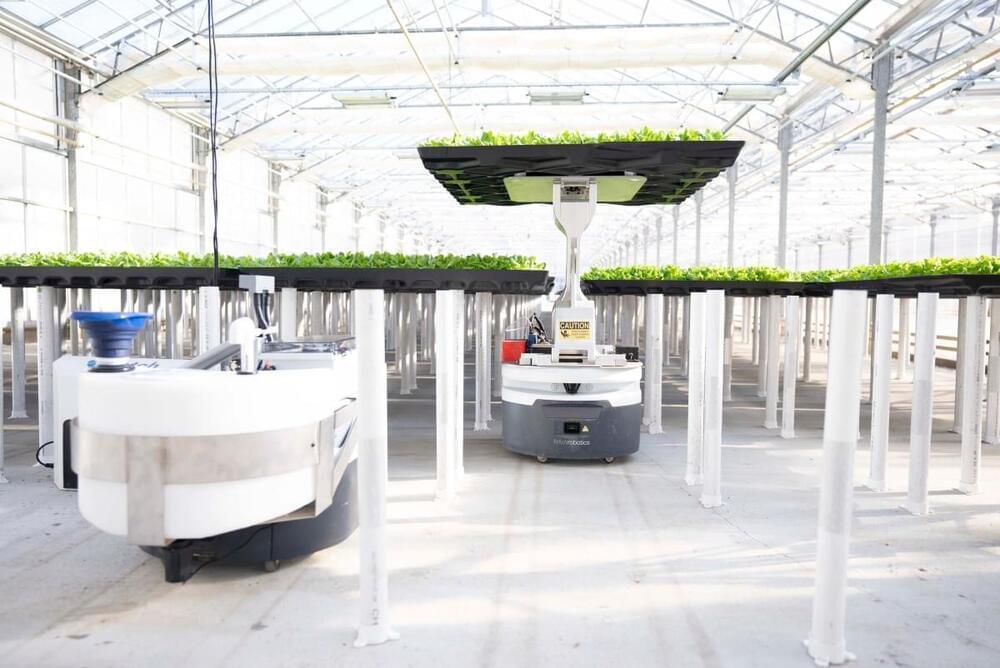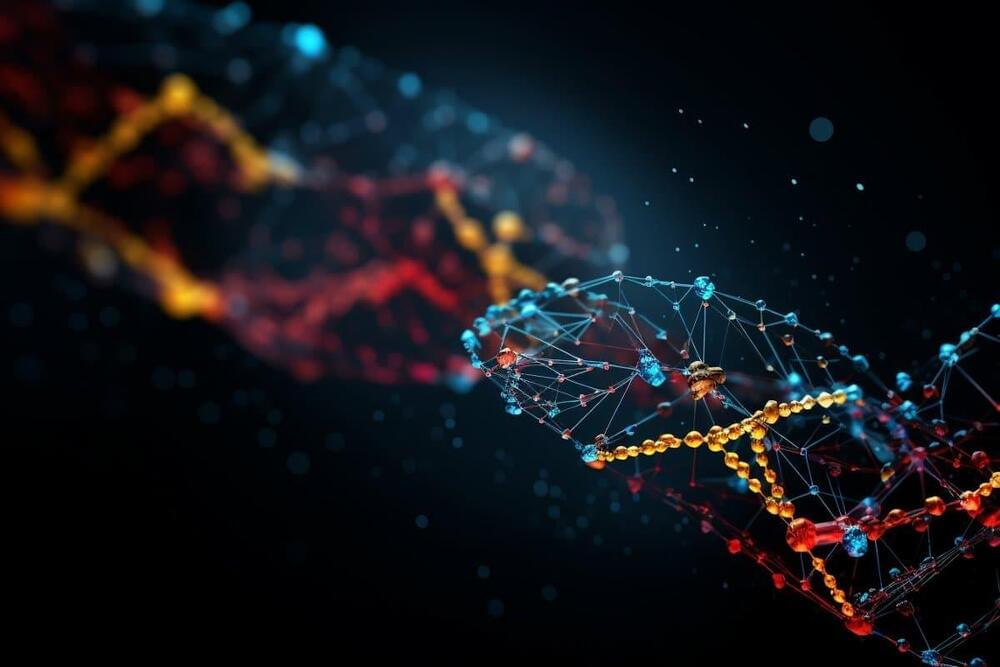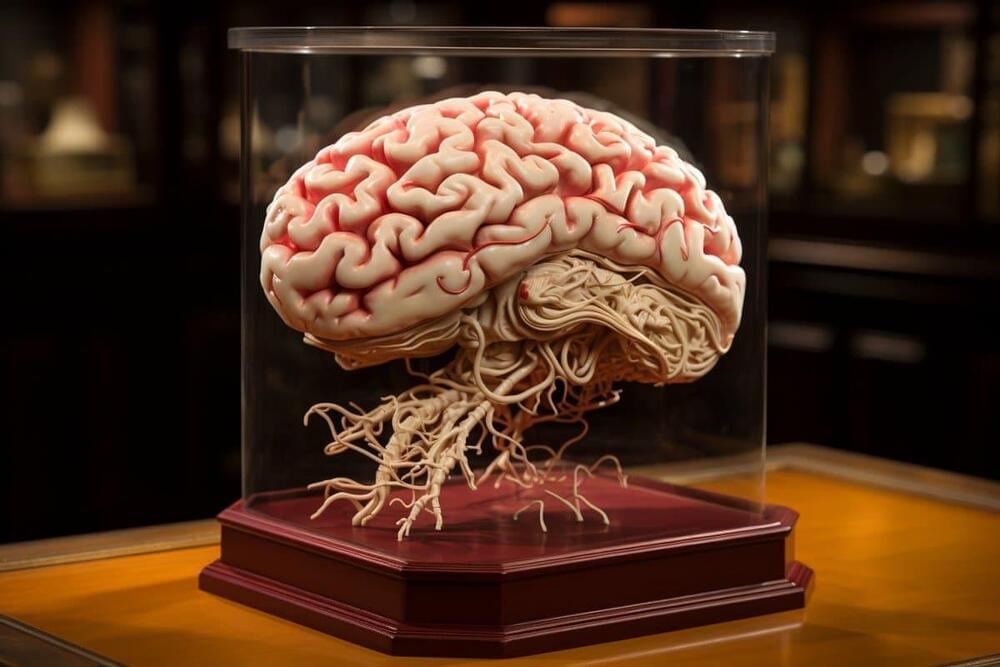The indoor farming startup uses repurposed warehouse robots to grow produce for Amazon Fresh.


Speaker: Dr. Zhongrui WangAbstract: The rapid development in the field of artificial intelligence has relied principally on the advances in computing hardwar…

Summary: Researchers developed an innovative AI tool, DeepGO-SE, that excels in predicting the functions of unknown proteins, marking a significant advance in bioinformatics. Leveraging large language models and logical entailment, this tool can deduce molecular functions even for proteins without existing database matches, offering a groundbreaking approach to understanding cellular mechanisms.
Its precision has placed DeepGO-SE among the top algorithms in an international function prediction competition, demonstrating its potential in drug discovery, metabolic pathway analysis, and beyond. The team aims to apply this tool to explore proteins in extreme environments, opening new doors for biotechnological advancements.

This Plenary speech was delivered by Prof. Daniele Ielmini (Politecnico Di Milano) during the first edition of Artificial Intelligence International Conference that was held in Barcelona on November 21–23 of 2018.

Summary: Researchers developed 20 novel recombinant rabies viral vectors that present unparalleled advantages for neural circuit mapping in aging and Alzheimer’s disease studies. These vectors are engineered to highlight microstructural changes in brain neurons through enhanced fluorescent proteins, offering insights into neural networks at both micro and macro scales.
The vectors’ unique ability to target specific neuron components and perform live imaging makes them potent tools for dissecting neural circuitry in healthy and diseased states. This innovation opens new pathways for targeted treatment strategies and will be shared with the neuroscience community through UCI’s Center for Neural Circuit Mapping.
And exploration of the The Unintended Consequences of Artificial Intelligence. My Patreon Page: https://www.patreon.com/johnmichaelgodierMy Event Horizon Chan…
In the short term, CSI technology enables an entirely new form of communication in which thoughtful deliberations can be conducted among groups of nearly any size. This has potential to enhance a wide range of fields from enterprise collaboration and market research to large-scale civic engagement.
In the longer term, this approach could enable a new pathway to superintelligence that is inherently aligned with human values, morals and sensibilities. Of course, companies like OpenAI and Anthropic should keep working around the clock to instill their AI models with human values and interests, but others should be pursuing alternative methods that amplify rather than replace human intelligence. One alternative is Collective Superintelligence, which looks far more feasible today than in years past.
Louis Rosenberg is a longtime technologist in the fields of AI and VR. He is known for founding early VR company Immersion in 1993, Unanimous AI in 2014, and for developing the first mixed reality system as a researcher for the U.S. Air Force.

A new artificial intelligence (AI) tool that draws logical inferences about the function of unknown proteins promises to help scientists unravel the inner workings of the cell.
Developed by KAUST bioinformatics researcher Maxat Kulmanov and colleagues, the tool outperforms existing analytical methods for forecasting protein functions and is even able to analyze proteins with no clear matches in existing datasets.
The research appears in Nature Machine Intelligence.

In China, new AI chatbots offer romance and companionship that can rival that of a human lover.
In interviews with the AFP news wire, young women in China said that their AI boyfriends, which they customize on various chatbot apps available in the country, are better conversationalists than their human counterparts.
“He knows how to talk to women better than a real man,” remarked Tufei, a woman from the Northern Chinese city of Xi’an, who uses a dating chatbot app called “Glow.”